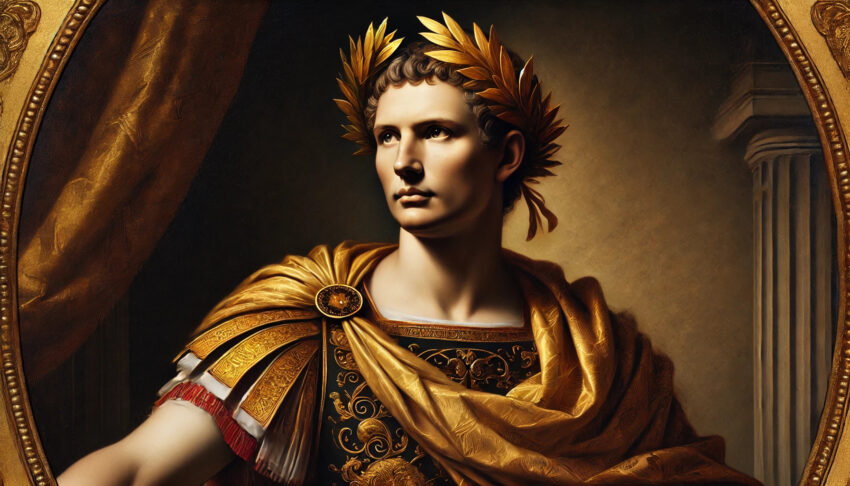Julius Caesar’s legacy and historical impact are profound, extending far beyond his lifetime and influencing leaders, cultures, and political systems for centuries. Militarily, his strategies and accomplishments set a benchmark for future generals. His campaigns in Gaul, meticulously documented in ‘Commentarii de Bello Gallico,’ demonstrated his tactical genius and ability to inspire loyalty among his troops. Figures like Napoleon Bonaparte and George S. Patton drew from Caesar’s military prowess, adopting his boldness and strategic innovations. Politically, Caesar’s centralization of authority and restructuring of the Roman government laid the groundwork for the imperial system. His adopted heir, Augustus, built on these foundations to establish the Roman Empire, which became a model of centralized governance. The title ‘Caesar’ itself evolved into a symbol of imperial authority, used by rulers such as the Russian Tsars and German Kaisers.
Culturally and ideologically, Caesar’s influence is equally significant. Renaissance humanists revered him as a paragon of classical virtues, embodying both intellect and martial prowess. Artists like Michelangelo and Shakespeare depicted Caesar in their works, exploring themes of power, betrayal, and ambition. Shakespeare’s play ‘Julius Caesar’ cemented his place in literary history and reflected on his complex legacy. In political philosophy, Caesar’s life and death sparked debates on the nature of power and authority, with thinkers like Niccolò Machiavelli drawing insights from his career. Caesar’s reforms, such as the Julian calendar, had enduring social impacts, influencing how time is measured and perceived. The continued fascination with Caesar in modern times, from academic studies to popular culture, underscores the timeless relevance of his story and its implications for leadership, governance, and human nature.
 |
 |

